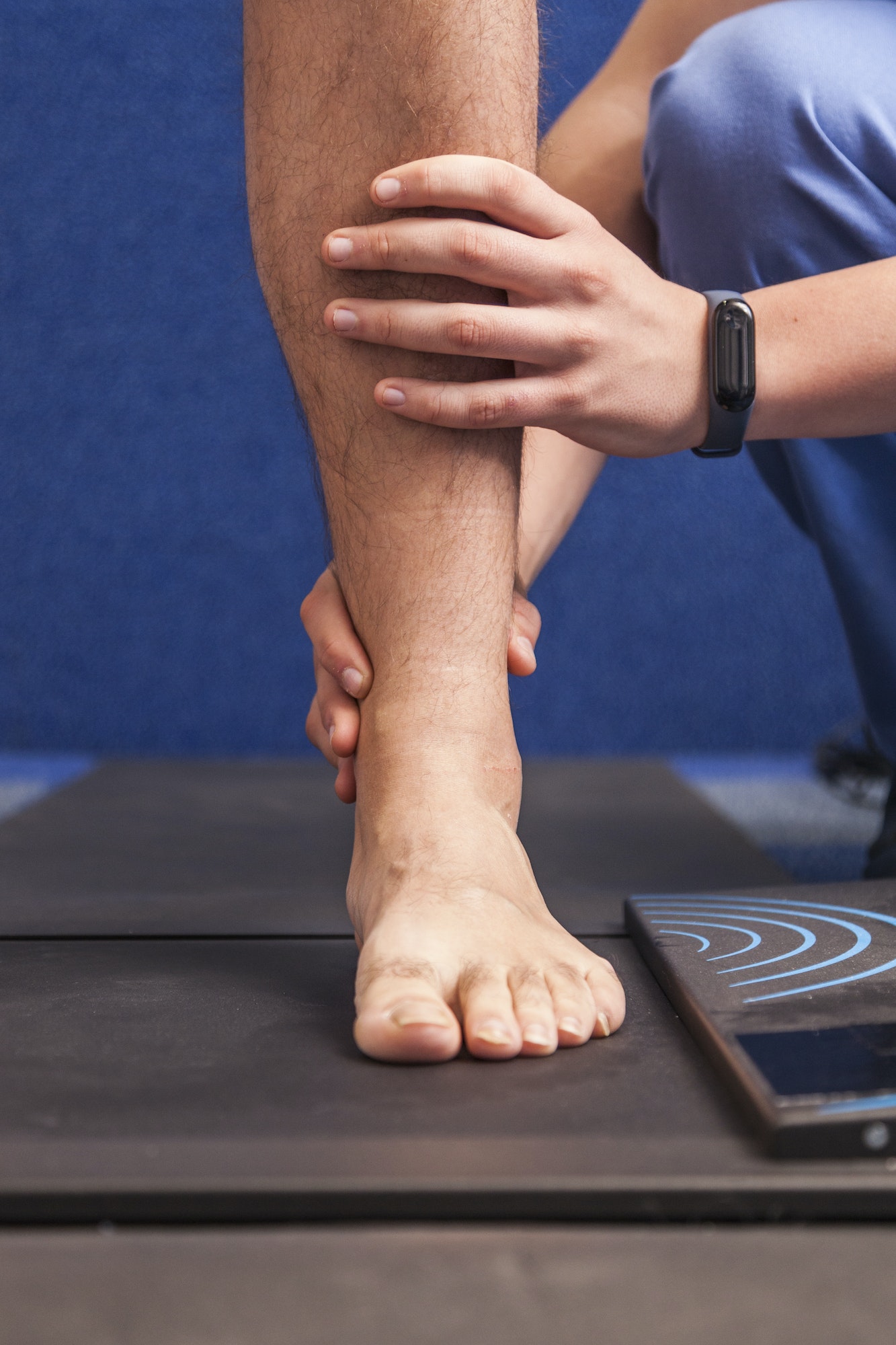Table of Contents
What Does Heel Numbness Feel Like?
What Are the Causes of Heel Numbness?
1. Tarsal Tunnel Syndrome
2. Nerve Compression
Because of the way that the nervous system is connected throughout our anatomy, heel numbness can also result from a pinched nerve in another part of the body. Injuries and conditions such as a herniated disk or sciatica can cause compression of nerves located in the lower back and spinal cord, blocking nerve signals from making it all the way back to your brain. This frequently manifests as numbness of parts of the legs and feet.
3. Lack of Blood Flow
4. Pregnancy
The act of bringing a pregnancy to term and giving birth can have many dramatic effects on the structure of the body. Heel pain is one of many symptoms that one may experience over the course of pregnancy. It is not unusual for nerves to be compressed as the body changes during pregnancy, often resulting in tarsal tunnel syndrome or peripheral neuropathy. These are among many uncomfortable aspects of pregnancy, but can usually be treated if they do not resolve over time on their own.
5. Diabetes
Diabetic neuropathy is a condition which causes damage to the nerves of the hands and feet. It is quite common among people with diabetes, possibly affecting as big a proportion as 50%. This serious condition most frequently affects older people and may emerge gradually, with numbness or tingling being faint at first and growing progressively worse over time. If not properly managed, diabetic neuropathy can cause severe complications, leaving you vulnerable to wounds and infections that may lead to amputation in extreme cases.
Bursitis - How Is Heel Numbness Treated?
If you are experiencing heel numbness, a podiatrist can help diagnose the root issue. They will review the particulars of your symptoms, such as when the numbness began, whether it is constant or intermittent, and whether or not there is any pain or tingling accompanying the loss of sensation.
The nature of the issue will help to determine the best course for intervention. Conservative methods may include resting, icing, or changing footwear. Over-the-counter drugs or cortisone injections may be used to reduce inflammation. If your heel numbness is related to diabetic neuropathy, one of our podiatrists can help you manage the issue to prevent serious future complications.
If you are experiencing heel numbness, Weil Foot and Ankle is here to help. Click the Appointment button to schedule an appointment with us!

Meet Weil Foot & Ankle Institute
By: Weil Foot & Ankle Institute, Published: Oct 29th, 2021
Review By: Kristin Abruscato DPT – Jan 19th, 2023


